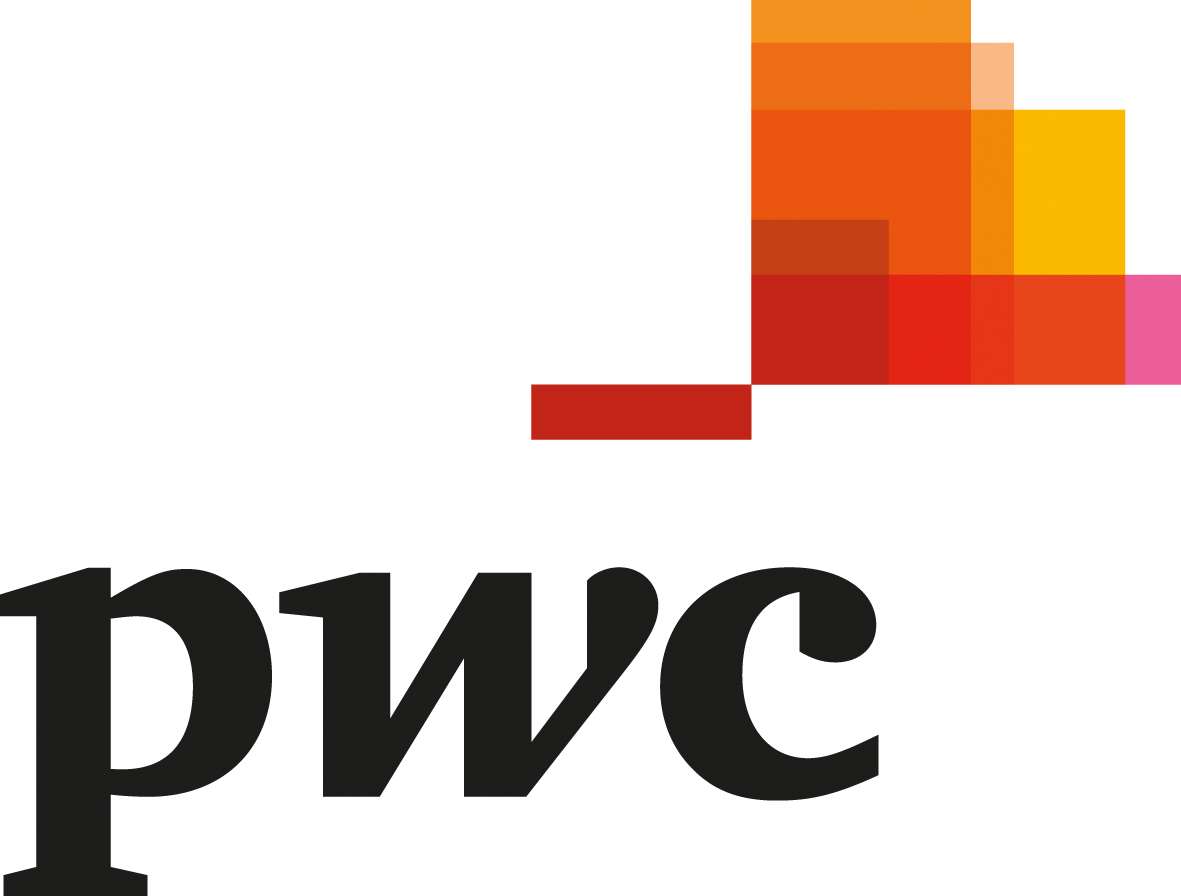
Report of the statutory auditor to the General Meeting of Sonova Holding AG
Report on the audit of the financial statements
Opinion
We have audited the financial statements of Sonova Holding AG, which comprise the incomes statements, balance sheets as at 31 March 2020 and notes for the year then ended, including a summary of significant accounting policies.
In our opinion, the accompanying financial statements as at 31 March 2020 comply with Swiss law and the company’s articles of incorporation.
Basis for opinion
We conducted our audit in accordance with Swiss law and Swiss Auditing Standards. Our responsibilities under those provisions and standards are further described in the “Auditor’s responsibilities for the audit of the financial statements” section of our report.
We are independent of the entity in accordance with the provisions of Swiss law and the requirements of the Swiss audit profession and we have fulfilled our other ethical responsibilities in accordance with these requirements. We believe that the audit evidence we have obtained is sufficient and appropriate to provide a basis for our opinion.
Our audit approach
Materiality
The scope of our audit was influenced by our application of materiality. Our audit opinion aims to provide reasonable assurance that the financial statements are free from material misstatement. Misstatements may arise due to fraud or error. They are considered material if, individually or in aggregate, they could reasonably be expected to influence the economic decisions of users taken on the basis of the financial statements.
Based on our professional judgement, we determined certain quantitative thresholds for materiality, including the overall materiality for the financial statements as a whole as set out in the table below. These, together with qualitative considerations, helped us to determine the scope of our audit and the nature, timing and extent of our audit procedures and to evaluate the effect of misstatements, both individually and in aggregate, on the financial statements as a whole.
|
|
|
|
|
Overall materiality |
|
CHF 14,000,000 |
|
How we determined it |
|
Net Assets |
|
Rationale for the materiality benchmark applied |
|
We chose net assets as the benchmark because Sonova Holding AG, Stäfa is a holding company that mainly holds financial assets and investments in subsidiaries. The profit of the holding company fluctuates from year to year depending on whether investees pay dividends. Furthermore, net assets is considered a key element for the user of the financial statements and it is a generally accepted benchmark for determining materiality according to auditing standards. |
We agreed with the Audit Committee that we would report to them misstatements above CHF 700,000 identified during our audit as well as any misstatements below that amount which, in our view, warranted reporting for qualitative reasons.
Audit scope
We designed our audit by determining materiality and assessing the risks of material misstatement in the financial statements. In particular, we considered where subjective judgements were made; for example, in respect of significant accounting estimates that involved making assumptions and considering future events that are inherently uncertain. As in all of our audits, we also addressed the risk of management override of internal controls, including among other matters consideration of whether there was evidence of bias that represented a risk of material misstatement due to fraud.
Report on key audit matters based on the circular 1/2015 of the Federal Audit Oversight Authority
Key audit matters are those matters that, in our professional judgement, were of most significance in our audit of the financial statements of the current period. These matters were addressed in the context of our audit of the financial statements as a whole, and in forming our opinion thereon, and we do not provide a separate opinion on these matters.
Valuation of investments in subsidiaries
|
|
|
|
|
Key audit matter |
|
How our audit addressed the key audit matter |
|
The investments in subsidiaries amount to CHF 321.5 million (14.8% of assets) as of March 31, 2020. In general, the valuation of the investments is subject to individual valuation. Certain investments are subject to a group valuation approach due to their homogeneity in nature. This accounting policy is referenced in note 2. Accounting Principles. We consider the valuation of the investments as a key audit matter due to the size of the carrying value and the judgement involved in assessing the valuation of these assets. |
|
We assessed the appropriateness of the grouping of the investments on their level of homogeneity in nature. We did this by critically reviewing the different elements of Management’s assessment and validating them with evidence and our understanding of the economic links among the Sonova Group companies. To identify indicators for individual impairments of investments in subsidiaries, Management compared the investment value with the shareholders equity and financial performance of the respective subsidiaries. We evaluated and tested the assessment by reperforming the comparison undertaken by Management for the most material investments. For the overall value of the investments in subsidiaries, we additionally considered the market capitalisation of the Group. Overall, on the basis of the procedures performed, we concluded that management’s assessments are based upon reasonable and consistently applied assumptions that support management’s valuation conclusions. |
Responsibilities of the Board of Directors for the financial statements
The Board of Directors is responsible for the preparation of the financial statements in accordance with the provisions of Swiss law and the company’s articles of incorporation, and for such internal control as the Board of Directors determines is necessary to enable the preparation of financial statements that are free from material misstatement, whether due to fraud or error.
In preparing the financial statements, the Board of Directors is responsible for assessing the entity’s ability to continue as a going concern, disclosing, as applicable, matters related to going concern and using the going concern basis of accounting unless the Board of Directors either intends to liquidate the entity or to cease operations, or has no realistic alternative but to do so.
Auditor’s responsibilities for the audit of the financial statements
Our objectives are to obtain reasonable assurance about whether the financial statements as a whole are free from material misstatement, whether due to fraud or error, and to issue an auditor’s report that includes our opinion. Reasonable assurance is a high level of assurance, but is not a guarantee that an audit conducted in accordance with Swiss law and Swiss Auditing Standards will always detect a material misstatement when it exists. Misstatements can arise from fraud or error and are considered material if, individually or in the aggregate, they could reasonably be expected to influence the economic decisions of users taken on the basis of these financial statements.
A further description of our responsibilities for the audit of the financial statements is located at the website of EXPERTsuisse: http://expertsuisse.ch/en/audit-report-for-public-companies. This description forms part of our auditor’s report.
Report on other legal and regulatory requirements
In accordance with article 728a paragraph 1 item 3 CO and Swiss Auditing Standard 890, we confirm that an internal control system exists which has been designed for the preparation of financial statements according to the instructions of the Board of Directors.
We further confirm that the proposed appropriation of available earnings complies with Swiss law and the company’s articles of incorporation. We recommend that the financial statements submitted to you be approved.
PricewaterhouseCoopers AG

Sandra Boehm
Audit expert
Auditor in charge

Dominik Hattrup
Audit expert
Zürich, 14 May 2020
Enclosures:
- Financial statements (income statements, balance sheets and notes)
- Proposed appropriation of the available earnings

